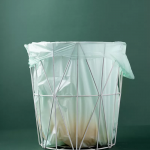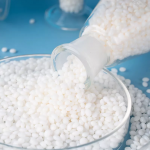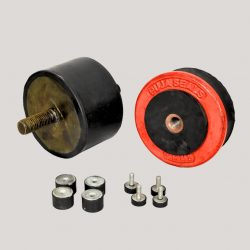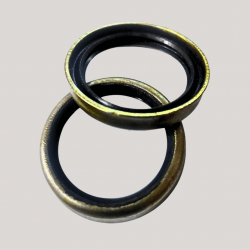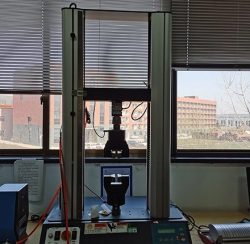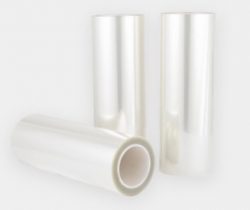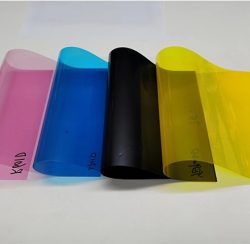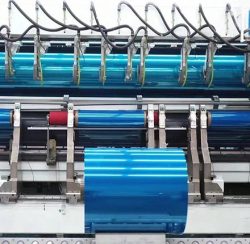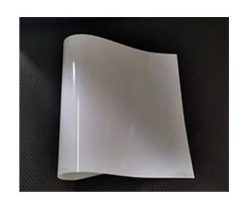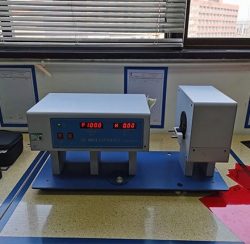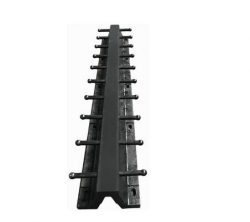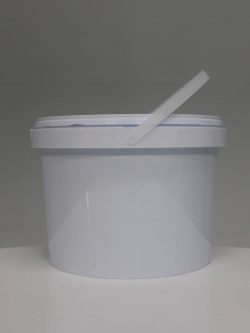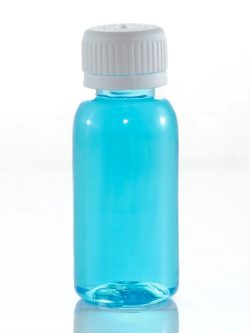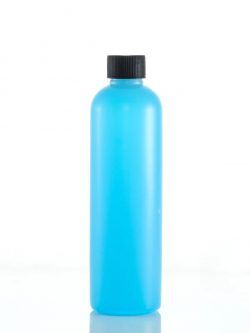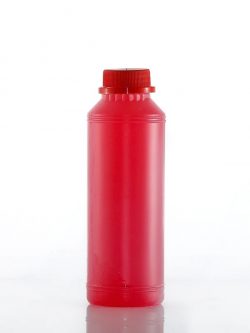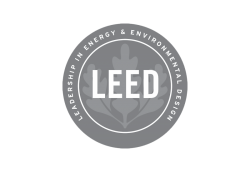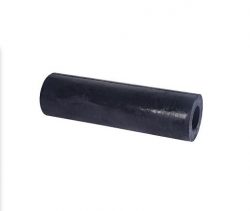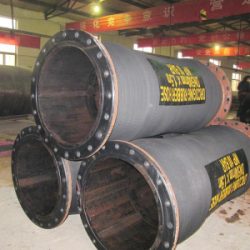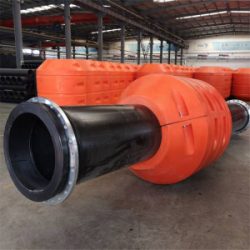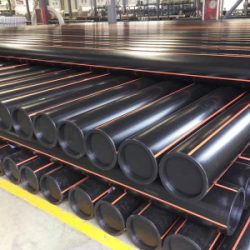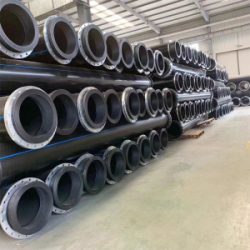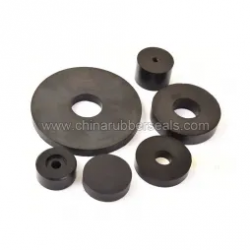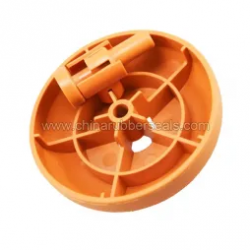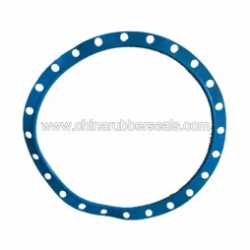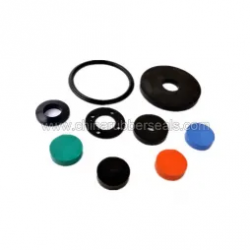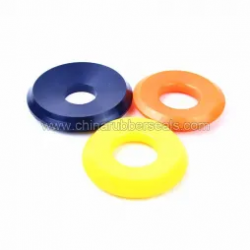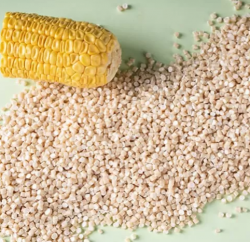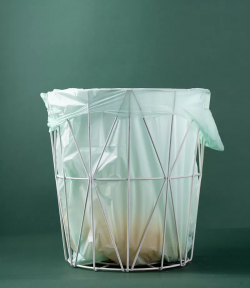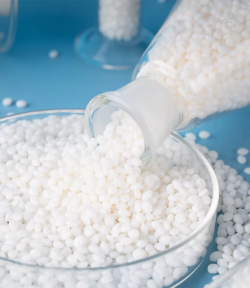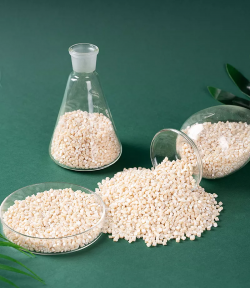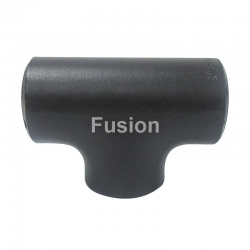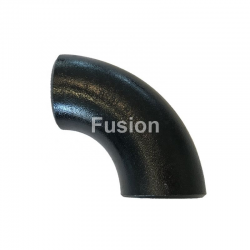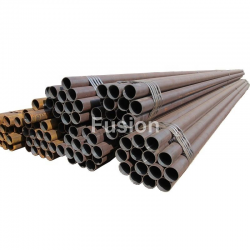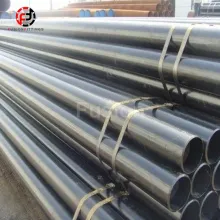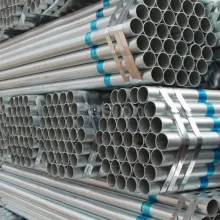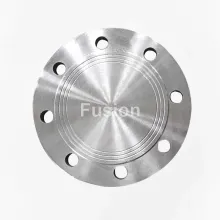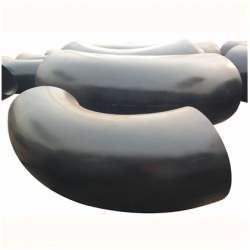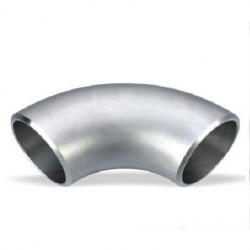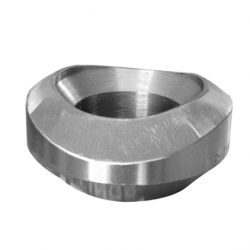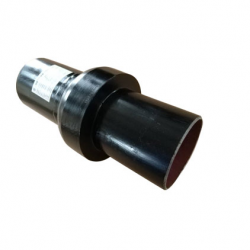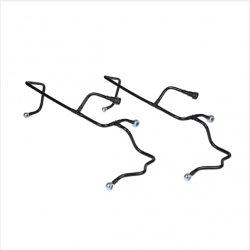CaCo3 based biodegradable & Compostable resin
Resin biodegradable refers to a type of plastic that can be broken down by microorganisms such as bacteria and fungi. These types of resins are made from renewable resources such as cornstarch, sugarcane, and other plant-based materials. Unlike traditional plastics, biodegradable resins can be decomposed in the environment and break down into natural substances such as water, carbon dioxide, and biomass. Biodegradable resins are used in a variety of applications, including packaging, agriculture, and consumer goods.
CaCo3 based biodegradable & compostable resin is kind of PBAT modified blown plastic with high filling and industrial composting degradation, which has non-non degradable organic components.
CaCo3 based biodegradable & compostable resin is one of the most abundant biopolymers. It is completely biodegradable, inexpensive, renewable and can be easily chemically modified.
It can be processed on various types of film blowing machines, printing machines, bag-making machines, and sealing machines and it is applicable for various kinds of bags, such as T shirt bags, Garbage bags, Produces bags, Draw Stringbags etc.
The benefits of biodegradable resins
Environmentally friendly: Biodegradable resins are made from renewable resources and they break down into natural materials that do not harm the environment.
Reduced waste: Biodegradable resins can reduce the amount of plastic waste that ends up in landfills or the ocean.
Cost-effective: Biodegradable resins can be made from inexpensive raw materials, making them a cost-effective alternative to traditional plastics.
Versatility: Biodegradable resins can be used for a variety of applications, including packaging, agriculture, and consumer goods.
Biodegradation: Biodegradable resins can break down in the environment and reduce the plastic pollution.
Sustainable: Biodegradable resins are made from renewable resources, which is a more sustainable alternative to traditional plastics that are made from fossil fuels.
Compostability: Some biodegradable resins can be composted, which is a closed loop system that can be beneficial to the environment.
Application Examples
Food packaging, disposable tableware and other single-use items associated with food and other perishable products are important targets for compostable plastics. Product applications for biodegradable resins are not limited to single-use or disposable situations. In some cases, biodegradability gives the product a unique functional advantage. This is often true in horticultural and agricultural applications where products may be needed to provide short-term support or act as temporary barriers. Mulch and planters are examples of such products.
Applications include
Packaging for food and other products
Disposables, such as food service utensils
Organic waste containers
Horticulture and other agricultural applications
A wide range of injection molded products
Film and sheet applications
Thermoforming applications
If you are envisioning a biodegradable version of your product and we are interested in discussing it with you, you can
contact us


